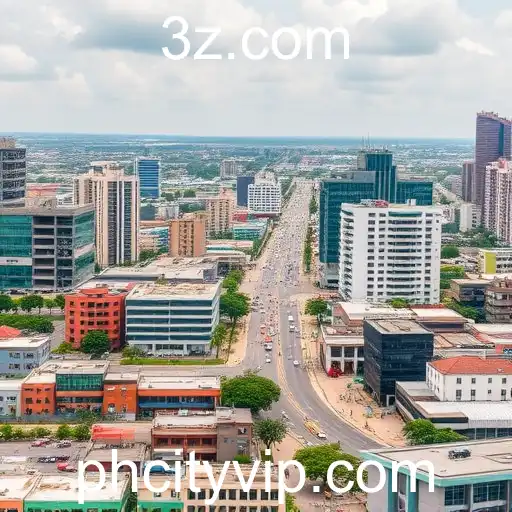
Port Harcourt, often referred to fondly as 'phcity,' is a hub of economic and cultural activities in Nigeria. As we navigate through 2025, the city faces pressing issues related to sustainability and urban development, which have become crucial topics of discussion among policymakers, environmentalists, and citizens alike.
The ongoing urban expansion in Port Harcourt presents a dual challenge: fostering economic growth while ensuring environmental sustainability. With the city's population booming, the demand for housing and infrastructure increases exponentially, leading to potential environmental degradation. Reports indicate that urban sprawl has led to the encroachment of natural reserves and green spaces, crucial for maintaining ecological balance.
To combat these challenges, local government bodies, in collaboration with international organizations, are spearheading initiatives aimed at promoting sustainable urban development. These initiatives include implementation of green building standards, enhancement of public transportation systems to reduce reliance on personal vehicles, and investment in renewable energy sources.
Port Harcourt's journey toward sustainability is also fueled by a growing awareness among its residents about the importance of environmental preservation. Educational campaigns and community projects are engaging citizens in dialogue and actions aimed at reducing pollution and embracing eco-friendly practices. The city's commitment to recycling programs and waste management systems reflects a dawning realization of the critical role inhabitants play in fostering a sustainable future.
However, the task is far from simple. The need for more comprehensive policies addressing environmental challenges is evident. Analysts argue for a cohesive approach that includes both regulatory frameworks and incentives to encourage businesses to adopt green practices. Furthermore, increased funding and international support could be pivotal in transitioning 'phcity' into a model city for sustainable development.
As Port Harcourt navigates these dynamics, the potential for it to emerge as a leader in sustainable urban living in Africa becomes increasingly plausible. With sustained effort from all sectors of society, this vision can indeed become a reality, providing a blueprint for other cities in similar circumstances.


